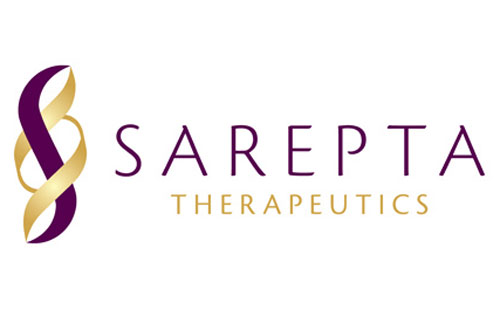
Sarepta Therapeutics (Sarepta) is planning to initiative a clinical study next year to assess imlifidase as a pre-treatment in patients with pre-existing IgG antibodies to SRP-9001, an investigational AAV-based gene therapy for the treatment of Duchenne muscular dystrophy (DMD), the company’s partner Hansa Biopharma AB (Hansa) announced.
DMD is a rare inherited X-chromosome-linked disease, almost exclusively affecting males, and caused by a change or mutation in the gene that encodes instructions for dystrophin, meaning those with the condition are unable to adequately make the micro-dystrophin protein on their own.
Over time, this causes progressive loss of muscle strength, with most patients requiring full-time use of a wheelchair by their early teens. Patients typically go on to experience increasing difficulty in breathing and cardiac dysfunction, which is usually fatal.
SRP-9001 is an investigational gene therapy designed to deliver SRP-9001 to muscle tissue for the targeted production of functional components of dystrophin, but pre-existing antibodies against AAV vectors used in a broad range of gene therapies can be a barrier to treatment.
Imlifidase demonstrated an ability to reduce pre-existing IgG antibodies to rAAVrh74 in preclinical work conducted by the two companies, allowing for safe and successful administration of SRP-9001.
Hansa granted Sarepta an exclusive, worldwide licence in 2020 to develop and promote imlifidase as a pre-treatment for Sarepta’s gene therapy treatments for DMD and Limb-girdle muscular dystrophy (LGMD).
Søren Tulstrup, president and chief executive officer of Hansa, said: “We are very excited about the results we have seen in the preclinical phase of our collaboration with Sarepta.
“These results strengthen our hope that the unique features of imlifidase may potentially enable gene therapy treatment in patients who today are not eligible for these breakthrough therapies due to pre-existing antibodies.”
Sarepta submitted a Biologics License Application to the US Food and Drug Administration in September for the accelerated approval of SRP-9001 to treat ambulant patients with DMD.
The application followed updated clinical trial results from the company’s ENDEAVOR study in July, which bolstered the data for SRP-9001 for efficacy and durability.
In cohort one of the ENDEAVOR study, in 20 patients aged four to seven years, SRP-9001-treated participants showed a significant 3.8-point improvement compared to controls at one year on the North Star Ambulatory Assessment scale compared to a matched control group.
Participants also recorded statistically significant improvements in timed function tests one year after treatment compared to external control.




